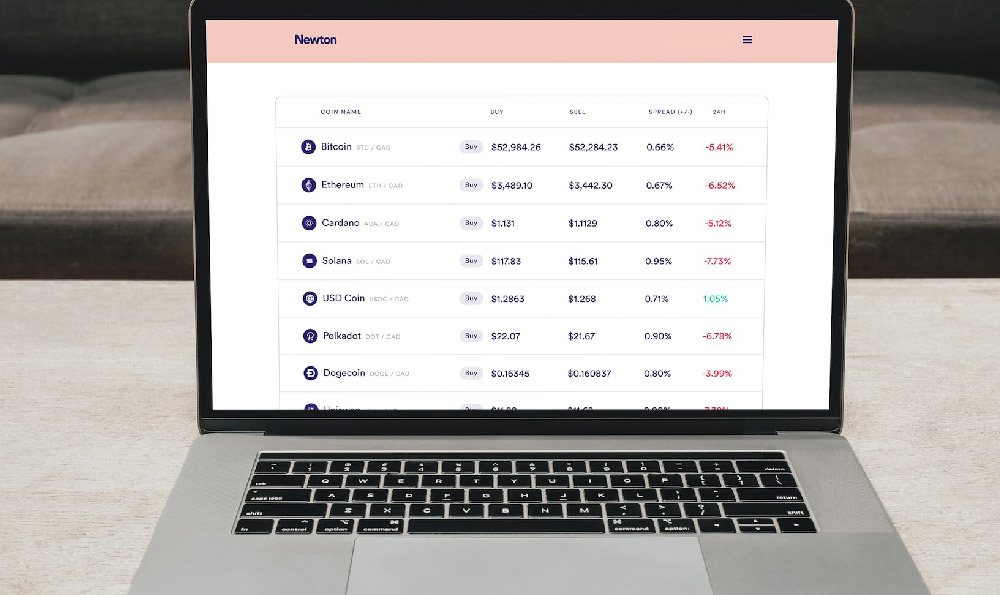Can Truck Drivers Really Earn Well? What's the Pay Like?
The allure of the open road and the promise of a decent paycheck often draw individuals to the trucking profession. The question of whether truck drivers can truly "earn well" is multifaceted and depends heavily on various factors, going beyond simply quoting an average salary. While the romanticized image of a high-rolling trucker might be a bit of a stretch, the reality is that with the right circumstances, strategic choices, and a dedicated work ethic, a comfortable and sustainable income is certainly attainable.
The starting point is understanding the different types of truck driving jobs available. Company drivers, working directly for a trucking company, typically receive a fixed salary or are paid by the mile. Owner-operators, on the other hand, own or lease their trucks and operate as independent contractors. Their earning potential is theoretically higher, as they retain a larger portion of the revenue generated, but they also shoulder significant expenses and responsibilities. The type of freight hauled also plays a crucial role. Drivers transporting specialized cargo, such as hazardous materials or oversized loads, often command premium rates due to the increased skill and risk involved. Similarly, over-the-road (OTR) drivers, who travel long distances and are away from home for extended periods, generally earn more than local drivers who make daily trips.
The pay structure itself is a significant determinant of earnings. As mentioned, company drivers may receive a fixed salary, which provides stability but might not directly reward increased productivity. Pay-per-mile structures incentivize drivers to maximize their driving time, but factors like traffic congestion and unexpected delays can impact their earnings. Owner-operators negotiate rates with brokers or shippers and are responsible for covering fuel costs, maintenance, insurance, and other operating expenses. While they have greater control over their earning potential, they also bear the brunt of fluctuating fuel prices and equipment breakdowns. Performance-based bonuses, safety incentives, and fuel efficiency rewards can further augment a driver's income, regardless of their employment status.

Beyond the basic pay, benefits packages can significantly impact the overall financial well-being of truck drivers. Company drivers often receive health insurance, paid time off, and retirement savings plans, which can represent substantial cost savings. Owner-operators are responsible for securing their own health insurance and retirement plans, adding to their financial burden. The availability of these benefits should be carefully considered when evaluating different job opportunities.
The geographic location also exerts a considerable influence on trucking wages. Areas with high demand for freight transportation and a shortage of drivers typically offer higher pay rates. Regions with a lower cost of living might allow drivers to stretch their earnings further. Furthermore, state and federal regulations regarding hours of service and driver qualifications can affect earning potential. Strict adherence to these regulations is crucial for maintaining a safe driving record and avoiding costly fines or penalties.
Earning well as a truck driver also necessitates smart financial management. Controlling expenses, such as fuel costs and maintenance fees, is paramount for owner-operators. Careful budgeting, tracking income and expenses, and setting financial goals are essential for maximizing profits. Furthermore, investing in professional development, such as safety courses and advanced driving skills training, can enhance employability and potentially lead to higher-paying opportunities.
However, it's crucial to acknowledge the challenges and drawbacks associated with the trucking profession. The lifestyle can be demanding, requiring long hours, irregular schedules, and extended periods away from home. This can take a toll on personal relationships and overall well-being. Driver fatigue is a serious concern, and maintaining a healthy work-life balance is essential for avoiding accidents and burnout. The trucking industry is also subject to economic fluctuations, which can impact freight demand and rates. Drivers need to be prepared for periods of lower earnings and adapt to changing market conditions.
Moreover, certain deceptive practices within the industry can undermine a driver's earning potential. Some companies may lure drivers with unrealistic promises of high pay but then impose hidden fees or deductions that significantly reduce their take-home pay. Lease-purchase agreements, which allow drivers to lease a truck with the option to purchase it later, can be particularly risky if the terms are unfavorable or the truck is unreliable. It's crucial to thoroughly research companies, scrutinize contracts, and seek legal advice before entering into any agreement. Due diligence is essential to protect oneself from exploitation and financial hardship.
Ultimately, the answer to whether truck drivers can truly earn well is a resounding "it depends." It hinges on a confluence of factors, including the type of job, pay structure, benefits package, geographic location, financial management skills, and the ability to navigate the inherent challenges of the profession. With strategic planning, a strong work ethic, and a commitment to continuous learning, truck drivers can indeed achieve financial success and build a sustainable career. However, it requires realistic expectations, a proactive approach to managing finances, and a keen awareness of the potential pitfalls within the industry. It's not a get-rich-quick scheme, but a profession that rewards dedication, responsibility, and a willingness to embrace the open road.















